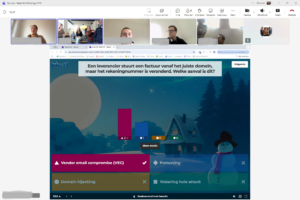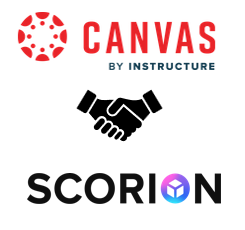Why holistic assessment in medical education is essential
Medical education faces the challenge of not only imparting specialized knowledge but also fostering the development of competencies crucial for comprehensive patient care. Holistic assessment in medical education is essential to ensure that future physicians can meet the complex demands of the healthcare system.

The importance of holistic assessment
Holistic assessment goes beyond mere knowledge testing and also considers social, communicative, and ethical competencies. These are vital for patient care, as physicians not only diagnose and treat conditions but also need to communicate empathetically with patients and their families and make ethical decisions. The 127th German Medical Assembly highlighted the importance of comprehensive medical education that covers both theoretical and practical skills.
Integration into education
To effectively integrate holistic assessment into medical education, curricula must be appropriately adapted. This can be achieved by incorporating case studies, simulations, and interdisciplinary projects that allow students to test and develop their skills in realistic scenarios. Developing such curricula requires close collaboration between medical faculties, healthcare institutions, and professional associations.
Challenges and solutions
One of the biggest challenges in implementing holistic assessment is ensuring the objectivity and comparability of the assessments. Standardized assessment tools and regular training of instructors can help minimize subjective influences. Moreover, it is important that the assessment tools are regularly reviewed and updated according to new scientific findings and societal needs.
Conclusion
The introduction of holistic assessment in medical education is a necessary step to improve the quality of medical care. It ensures that future physicians not only possess the required specialized knowledge but are also capable of applying this knowledge in practice and addressing the needs of patients. However, such an education requires continuous adaptation and development of curricula, as well as close cooperation among all stakeholders in the healthcare system.
Sources used for this article
- PDF: Bildungskonzepte für_das Gesundheitswesen
- TOP XI Ankündigung des 129. Deutschen Ärztetages 2025 in Leipzig (bundesaerztekammer.de)
- PDF: Berufsbildung und Beschäftigung im personenbezogenen Diensleistungssektor
- PDF: Zwischen Licht und Schatten – eine explorative Studie zum Ausbildungserleben von Auszubildenden in der Pflege unter besonderer
Betrachtung von Migrationshintergründen



